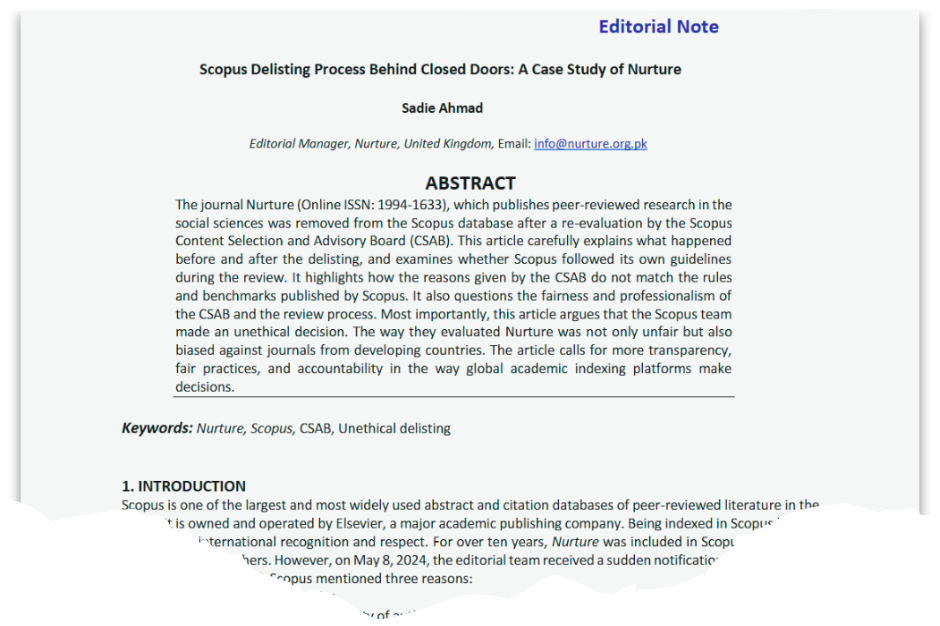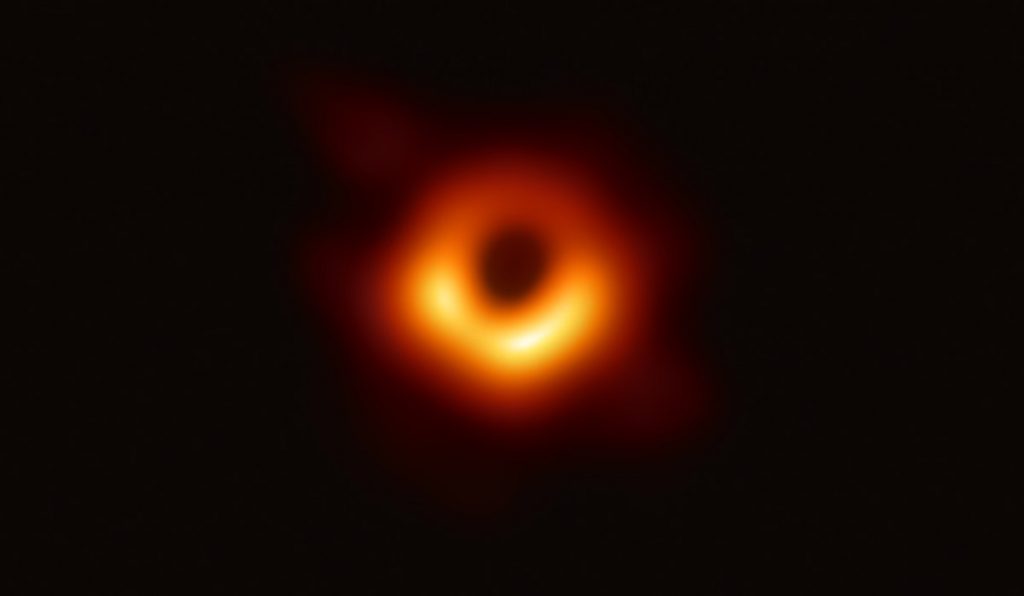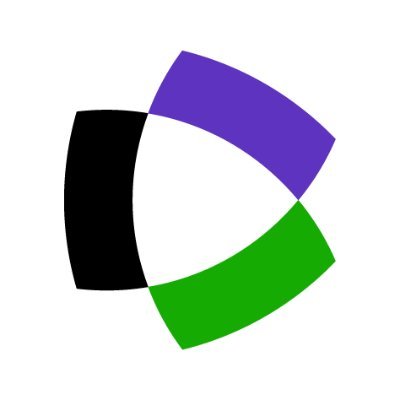A home economics journal delisted from Scopus last year has called the decision “biased against journals from developing countries.”
Elsevier delisted the journal Nurture, published by “Nurture Publishing Group,” from the publisher’s citation database in June 2024, after indexing it for a dozen years. In an editorial published this April, Sadie Ahmad, the editorial manager for Nurture, wrote Scopus delisted the journal for three reasons: an increase in the number of scientific articles published, papers in topics beyond the scope of the journal, and an uptick of authors from different countries.
A representative from Elsevier told us Scopus’ decision was also a result of “weak quality” of papers and “low citation metrics compared to what one would expect of a journal with such history and scope.” The journal has been publishing since 2007.
Continue reading ‘Biased’ and ‘unethical’: Journal objects to Scopus delisting




 Ladies and gentlemen, we appear to have a new record.
Ladies and gentlemen, we appear to have a new record.